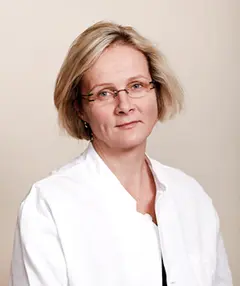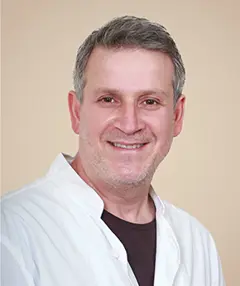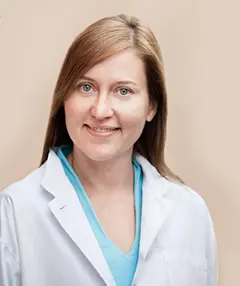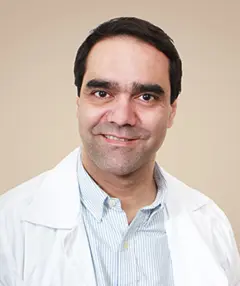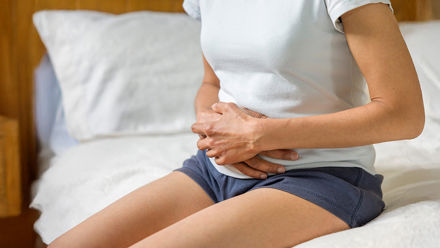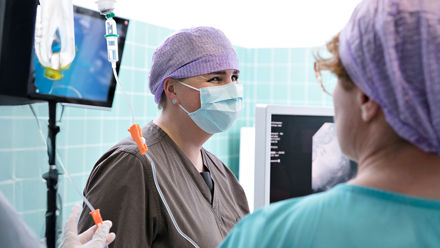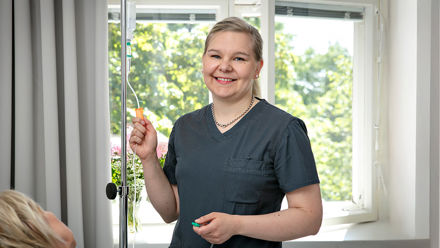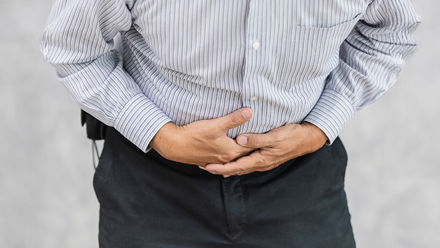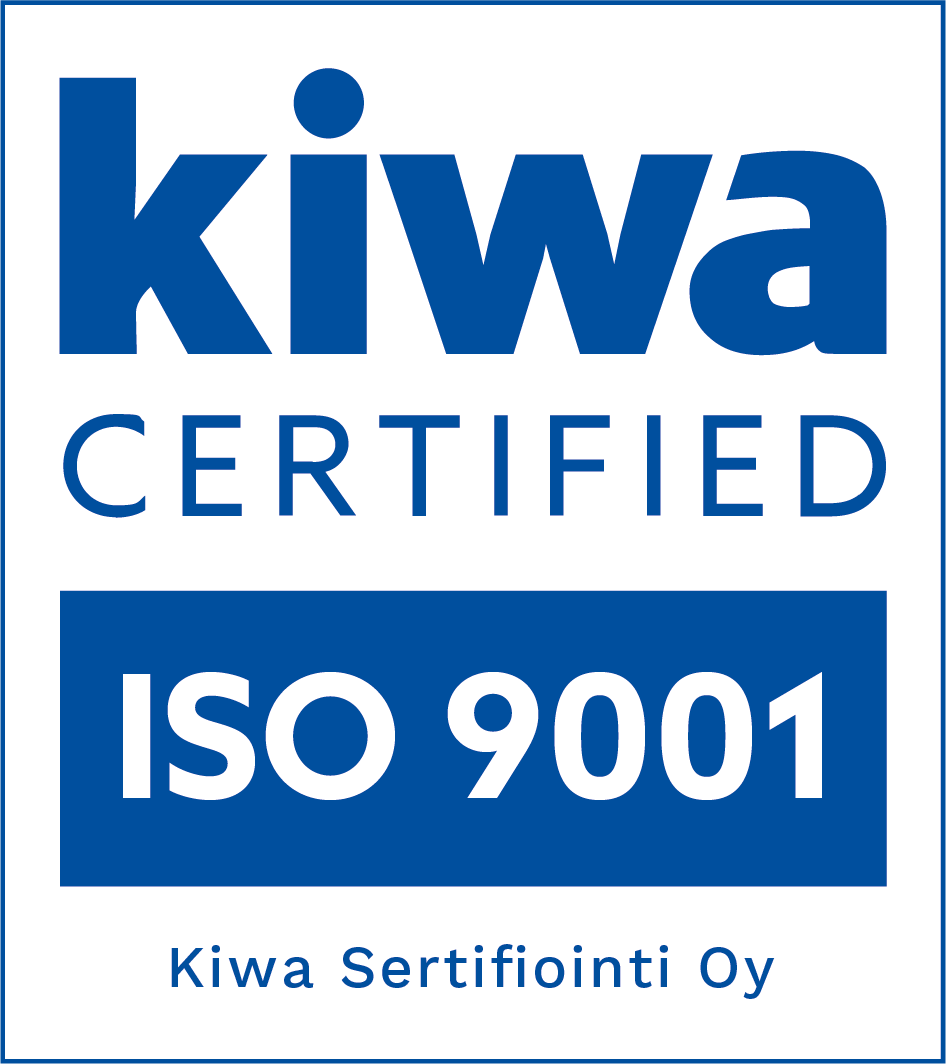
Endoscopy of stomach and intestines
Typical symptoms where there are reasons to see a doctor
A large proportion of the commonest stomach problems are due to a functional or other cause that can be treated with modern methods.
- burning sensation in the chest
- heartburn
- reflux
- difficulties swallowing
- regurgitation
- anaemia
- diarrhoea
- constipation
- stomach ache
- hoarseness and long-term cough
- black/bloody faeces
It is worth seeing a doctor when new stomach problems arise. That way we can rule out malignant diseases and eliminate unfounded anxiety.
Most stomach and intestinal issues are harmless, but it's good to have them checked early
Most common stomach and intestinal symptoms have a functional or otherwise treatable cause with modern methods. However, it’s still important to investigate them and identify the underlying reason.
Book an appointment with a specialist if you have a new symptom in the stomach or intestinal area.
The consultation may help rule out a serious condition and ease unnecessary worry.
Read more about gastroscopy:
Endoscopy of the stomach, gastroscopy
BACKGROUND
Thanks to gastroscopy, it is possible to detect diseases of the oesophagus, stomach and duodenum. This examination can be conducted in order to excaminate pain in the upper abdomen and behind the breast bone, as well as the causes of heartburn, reflux, regurgitation, swallowing difficulties, anaemia or black/bloody faeces.
Gastroscopy can be used to detect, for example, stomach ulcers, gastritis, helicobacter, coeliac disease, oesophagitis, diaphragmatic hernias, tumour and benign mucous membrane changes.
WHAT HAPPENS DURING THE PROCEDURE?
Gastroscopies are conducted on an out-patient basis. Because the stomach has to be empty during the procedure, the patient fasts for the preceding six hours. The patient lies on their side during the procedure. The gastroscope is inserted through the mouth to the area that is to be examined (throat, oesophagus, stomach and onwards to the duodenum). While this is being done, it is possible to take biopsies at the same time for later analysis by a pathologist. The procedure takes about 10–15 minutes and is pain free.
The patient can choose to undergo the procedure under a mild general anaesthetic (sedation) or local anaesthetic in their throat.
AFTERCARE
The patient can return home as soon as the procedure is complete. If the procedure has been performed under a mild general anaesthetic, the patient wakes up in the hospital’s recovery room in one to two hours, after which it is beneficial to have someone to accompany them on the journey home.
Following local anaesthetic in the throat, the patient can eat or drink after about one hour. Results from any biopsies taken will be available about two weeks after the procedure. Time off work is not usually required.
Endoscopy of the colon and rectum, colonoscopy
BACKGROUND
Using modern examination and care procedures, it is easy to effectively treat problems and diseases of the stomach and intestines, if only action is taken in good time. Laboratory tests are used to find any inflammation, to exclude certain other diseases and detect certain types of tumour. There are grounds to examinate the colon if the patient is suffering from unexplainable diarrhoea, a sudden impairment of intestinal function or bloody faeces.
Endoscopy of the colon and rectum, colonoscopy, reveals conditions including inflammatory bowel diseases, diverticula, polyps, tumours and haemorrhoids.
PROCEDURE
To make the examination of the intestinal mucous membrane easier, the intestines should be emptied prior to the colonoscopy. Colonoscopy is dependant on a complete emptying of the intestines. In a colonoscopy, the complete colon is examined using a flexible colonoscope. Polyps, some of which may develop into cancer sooner or later, can also be removed in conjunction with the procedure. Biopsies, which can be studied in order to detect diseases that are not visible to the naked eye or to confirm the nature of visible changes, are also taken in conjunction with a colonoscopy.
Colonoscopy can be performed with pain relief or mild general anaesthetic (sedation).
AFTERCARE
The patient can return home as soon as the procedure is complete. If the procedure has been performed under a mild general anaesthetic, the patient wakes up in the hospital’s recovery room in one to two hours, after which it is beneficial to have someone to accompany them on the journey home.
Results from any biopsies taken will be available about two weeks after the procedure.
Time off work is not usually required.
Specialists
Next available appointments
Read more about gastrointestinal diseases and Eira's services
Price list
Procedures
- Carpelan-Holmström Monika, Specialist in surgery and gastroenterological surgery
- Ismail Shamel, Gastrointestinal surgeon
- Juuti Anne, Specialist in surgery and gastroenterological surgery
- Pulkkinen Piia, Specialist in gastroenterological surgery
- Saarinen Tuure, Gastrointestinal Surgeon
- Scheinin Tom, Specialist in surgery and gastroenterological surgery
A clinic fee of 29,70 € will be added to the appointment price. A Kanta fee of 3,30 € is charged for all appointments where information is saved to My Kanta. Specialist-specific prices can be found on each specialist’s profile page.

